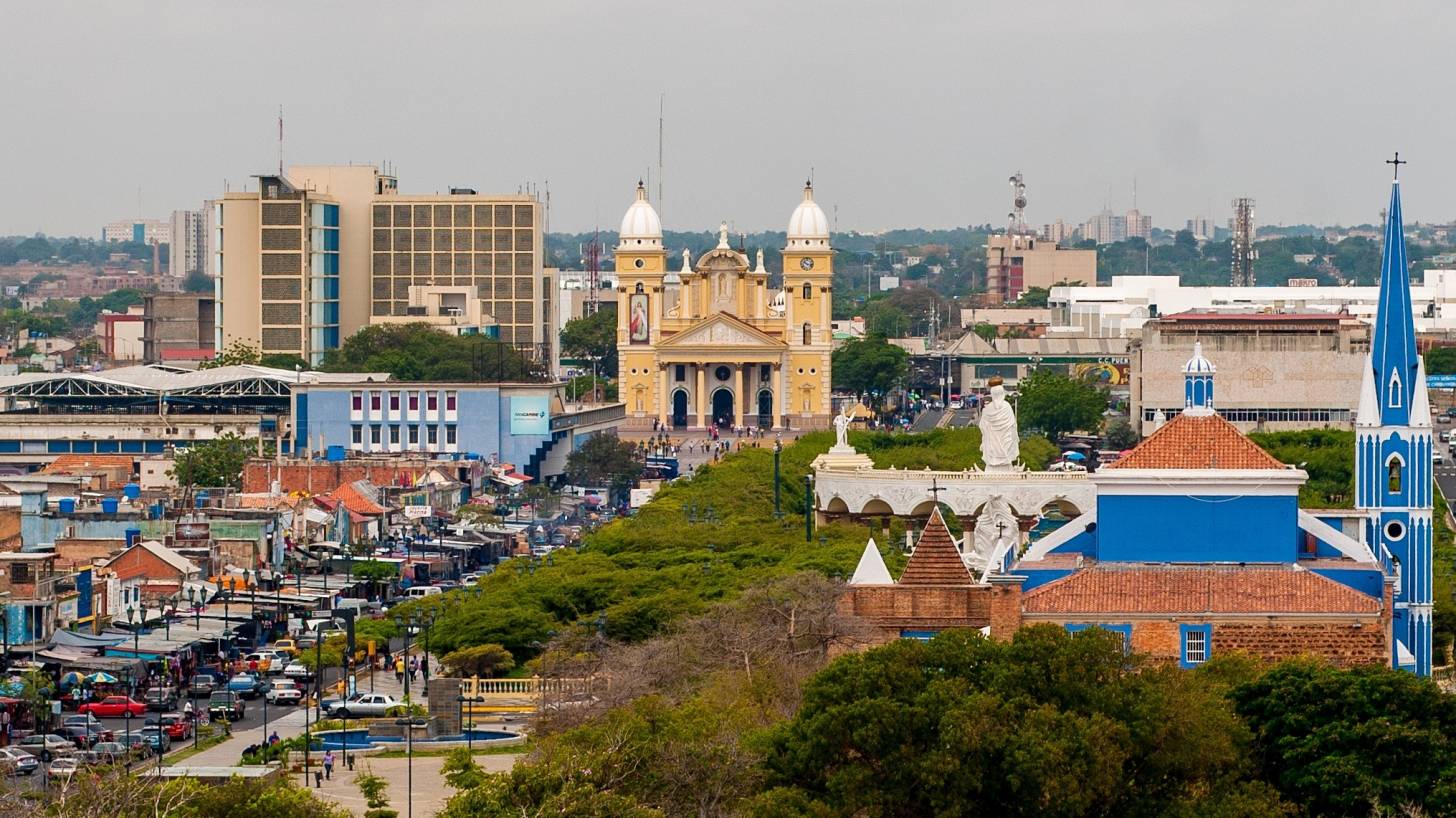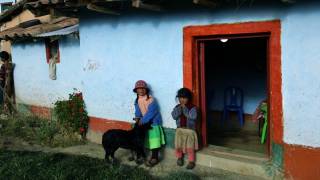Venezuela's Health Crisis Is Negatively Impacting Central and South America

A new study published in The Lancet assessed the impact of Venezuela's healthcare crisis on vector-borne diseases, and the ‘spillover’ into neighboring countries.
This report is not good news for Central and South America countries and raises the possibility of severely undermining regional disease elimination efforts over the past 20 years.
The crisis in Venezuela is accelerating the re-emergence of malaria, Chagas, dengue, Zika, and other infectious diseases.
“The continued upsurge in malaria could soon become uncontrollable," said Martin Llewellyn, a doctor and senior lecturer at Britain's Glasgow University who led the review, with researchers from Venezuela, Colombia, Brazil, and Ecuador, in a press release.
In this review published on February 21, 2019, these researchers reviewed data from Venezuela between 2000 and 2015, and found the following disease outbreaks:
- Malaria: Venezuela witnessed a 359 percent increase in malaria cases over 15 years, then more rapid outbreaks in 2016, with 240,613 cases then an additional 71 percent increase in 2017, with 411,586 cases. And, neighboring countries, such as Brazil, have reported an escalating trend of imported malaria cases from Venezuela, from 1,538 in 2014 to 3,129 in 2017
- Changa: Active Chagas disease transmission has been reported, with seroprevalence in children (<10 years), estimated to be as high as 12.5 percent in one small community
- Dengue: Dengue incidence increased by more than 4 times between 1990 and 2016
- Chikungunya: The estimated incidence of chikungunya during its epidemic peak is 6,975 cases per 100 000 people
- Zika: The Zika virus was reported to be 2,057 cases per 100,000 people
National, regional, and global authorities must take action to address these worsening epidemics and prevent their expansion beyond Venezuelan borders.
With an average of 5,500 people leaving Venezuela every day in 2018, these researchers said, neighboring countries face the risk of potential imports of infectious disease outbreaks.
Overall, the rise in Venezuela’s vector-borne disease can be attributed to a number of factors, including:
- shortages of insecticides, antiparasitic medicines (e.g., antimalarials and drugs for leishmaniasis and Chagas disease)
- underlying malnutrition due to food insecurity
- lapses in support for government health workers
To alert Americans in Venezuela, the US State Department issued Level 3 Travel Advisory during January 2019, strongly advising Americans to depart Venezuela.
This study was funded by the Scottish Funding Council GCRF Small Grants Fund. No researcher conflicts of interest were disclosed.
Our Trust Standards: Medical Advisory Committee








